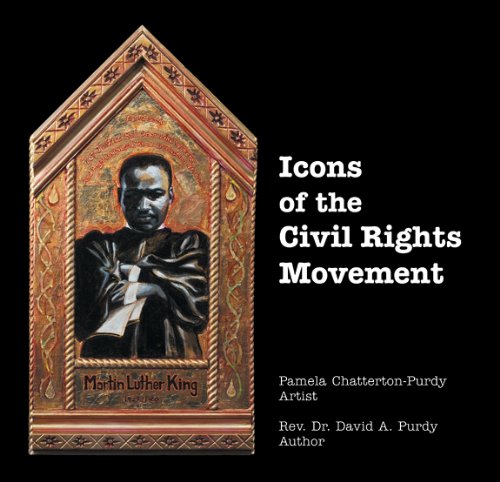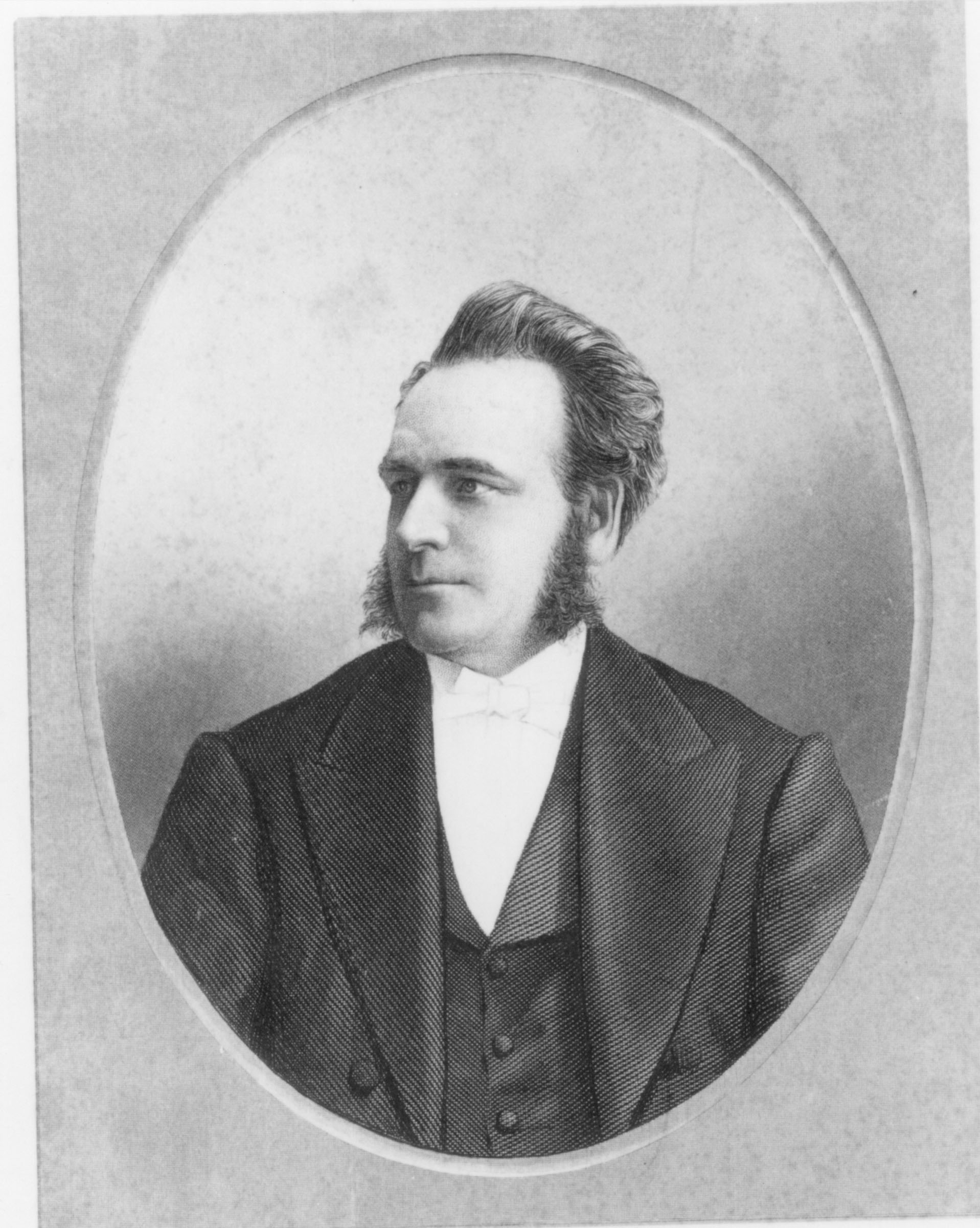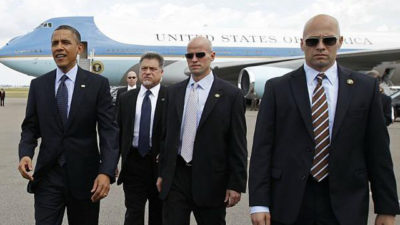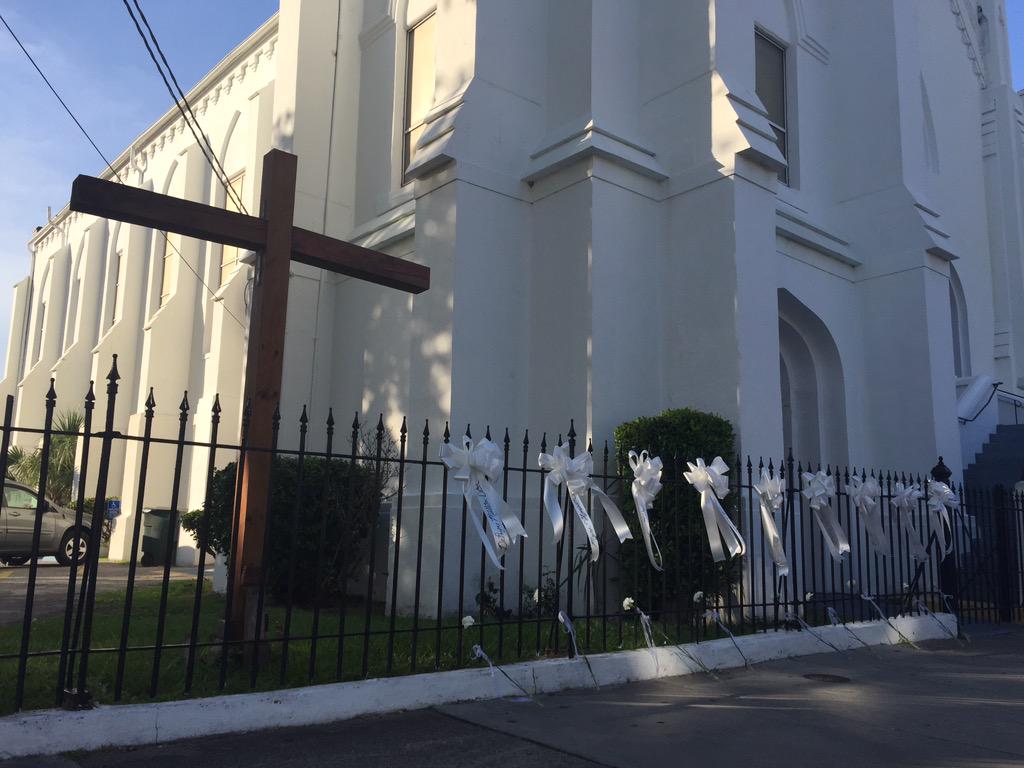An "Open Letter" to Pamela Chatterton-Purdy and Rev. David Purdy, Creators of "Icons of the Civil Rights Movement", and the book about them

Dear Pam and David,
One of my quotes that you used in your one-page biographical sketch of me is this: "One of my goals for the rest of my life is to encourage and empower young people to find meaning in the Civil Rights Movement..." I write this letter to you because an additional goal of mine is to "Encourage, enable and empower white people to explore, discuss, and respond to the long-standing need for black people to have '...the right to secure and govern our own bodies."'
I have said with a twinkle in my eye, "It's not easy being white", as I have remembered Kermit the Frog's, "It's not easy being green". We who are black constantly look for white people who "get it"; who have been able to break free from the "chains of whiteness" with their privilege, power, supremacy, psychological, spiritual, historical, and cultural capacity to imprison white people. Pam and Dave, you broke free from those chains as you long ago lived your lives in white and black, and then created, "Icons of the Civil Rights Movement".

My Methodist Preacher father and I were named Gilbert Haven (1821-1880) in response to a white New England Methodist Episcopal preacher who was a bold proponent of racial justice, integration, and interracial marriage. Gilbert Haven became a Bishop, but held to his racial views as he served in that office. Pam and David, I know it has not been easy for you as white persons who openly affirmed your understanding of and commitment to that most significant of American justice movements: the Civil Rights Movement. You have met resistance, apathy, and misunderstanding from white persons as well as from some blacks, whofor a variety of reasons are less-than-positive about "Icons". But you have persevered, andI and many black and white persons applaud you for that.

I, at the age of 81, now understand that anti-black bias is deeply embedded in the DNA of the white experience and worldview, and that it is extremely difficult for white people to talk about anti-black racism with their fellow whites. This began to become more clear to me during the candidacy and presidency of Barack Obama and the residency of his family in the White House: The "satirical" cover picture of Barack and Michelle Obama on a "progressive" magazine during his first campaign, the need for expanded Secret Service coverage of President Obama and his family, the "just say no" of the Republican Party to the Obama agenda, the Tea Party emergence as an anti-Obama entity, and most recently, the display of Confederate Battle Flags as President Obama arrived in Oklahoma (Will the first Jewish President be confronted with flags that have the Nazi swastika on them?).

And of course the killings of unarmed black men by the police, the "Charleston Massacre", and much more, precipitate this "Open Letter" to you, with the hope that you will share it in ways that might begin or accelerate conversations about anti-black bias among our white colleagues.

I have quoted Ta-Nehisi Coates from his book written to his son, "Between The World And Me", in the first paragraph of this letter. The full quotation, I believe, could be useful as whites begin to talk to whites as never before:
"...the belief in being white, was not achieved through wine tastings and ice-cream socials, but rather through the pillaging of life, liberty, labor, land; through the flaying of blacks; the chaining of limbs; the strangling of dissidents; the destruction of families; the rape of mothers; the sale of children; and various other acts meant, first and foremost, to deny you (his son) and methe right to secure and govern our own bodies."
The conversation among whites that many of us believe needs to take place might include a remembering of the lyrics of "Strange Fruit". But in 2015, USA should replace Southern:
"Southern trees bear strange fruit. Blood on the leaves and blood at the root. Black bodies swinging in the southern breeze. Strange fruit hanging from the poplar trees"
Your friend and colleague in the journey to racial justice,
Gil Caldwell
Asbury Park, New Jersey